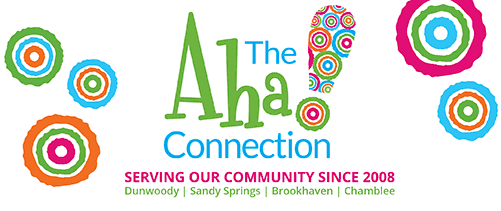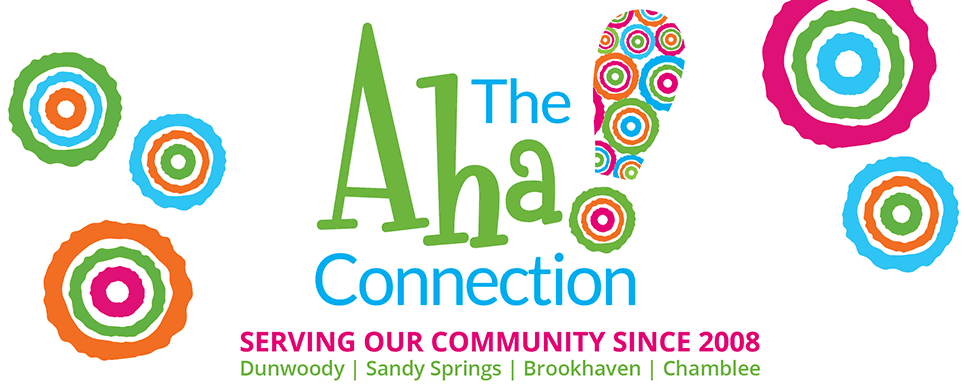Contact:
Reecie Campbell
Huntington Learning Center of Dunwoody
CanLearn@HLCDunwoody.com
Whether your student plans to make New Year’s resolutions or not, the start of a new year is a fitting time to set goals. “Goal-setting encourages students to think about what they want out of school and to take ownership of their education,” says Reecie Campbell of the Dunwoody Huntington Learning Center. “It also is a reflective exercise, teaching students to assess how their school year is progressing, what they would like to work on as they enter the second half of the year and much more.” Campbell encourages parents to ask their students these questions as they set goals:
What are your short-term goals? Have your child start with goals he or she would like to accomplish in the next few months, such as raising a grade, becoming more organized or becoming a stronger reader. Make sure these goals are measurable, attainable and reasonable. Setting unrealistic goals will only prove frustrating for your child.
What are your long-term goals? Next, encourage your child to think about the things he or she wants to do or achieve in the coming year or longer. Does your teen want to get a substantial scholarship for college? Does your middle-schooler want to get accepted into a competitive high school? Long-term goals can be good motivators for your student.
What are the roadblocks? Have your student write down the obstacles that are currently preventing him or her from achieving his or her goals. These should be as specific as possible. If your child wants to reduce his or her school-related stress, one roadblock may be math class, which is a constant struggle. If he or she would like to read one book for fun every month, a roadblock might be a busy schedule that doesn’t allow sufficient time for pleasure reading.
How can you overcome the obstacles? Together, you and your child can develop a step-by-step action plan to conquer each roadblock, and whenever possible, assign dates to those steps. What does your child think will help him or her reach his or her goals? What do you think needs to happen? It is possible that certain obstacles may be difficult for your child to overcome alone (such as school struggles), and if so, discuss what help he or she may need.
“Goal-setting is a worthwhile exercise that helps students begin to view the choices they make, the actions they take and the attitude they have as directly correlated with their school and life success,” says Campbell. “Take the time to set goals at the beginning of the new year, revisit those goals throughout the year, and adjust them as your child grows older. In time, you will absolutely see the payoff.”
To learn more about how to help your child, call Reecie Campbell of the Dunwoody Huntington Learning Center, located at 5488 Chamblee Dunwoody Road, at 770-395-2650 or CanLearn@HLCDunwoody.com. To read more about how goal-setting can help your child succeed in school, visit http://huntingtonhelps.com/resources/p-easing-transition/. For more information about Huntington Learning Centers Inc., please visit www.huntingtonhelps.com.
About Huntington
Founded in 1977, Huntington is a pioneer and leader in the tutoring industry. For over 35 years, Huntington has provided quality instruction to hundreds of thousands of students. Huntington prides itself on being “Your Tutoring Solution” for students in all grades and subjects. They tutor in academic skills, such as reading, phonics, math and study skills; and in advanced math and science subjects ranging from algebra through calculus and general science through physics. They also prepare students for state and standardized entrance exams, such as SSAT, SAT, and ACT. Learn more about Huntington at www.huntingtonhelps.com.













